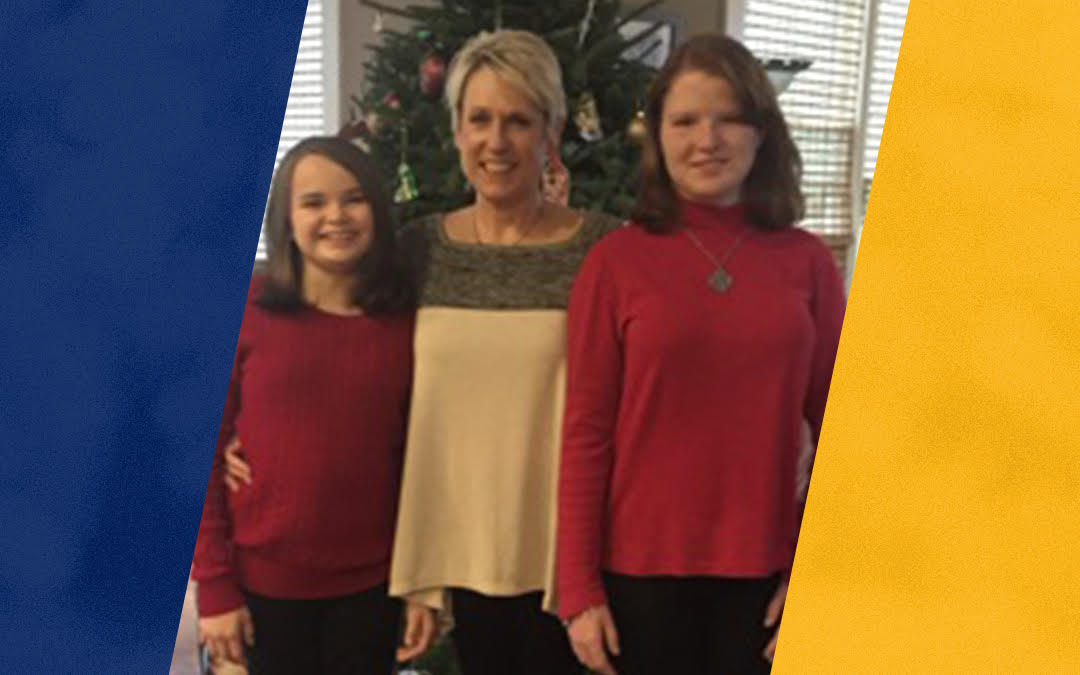But as Jan has discovered, while raising two children with special needs presents challenges, it also presents unique opportunities. Both Katie and Jessica were caught in a local public-school system that wasn’t meeting their needs. In fact, teachers told Jan that there was nothing they could do to help Katie—and that she would never learn to read or write—and that Jessica would never be able to pass state tests.
“I remember all the days at the bus stop crying and just telling my daughters, ‘We just have to make it through the end of the year,’” Jan shared. “If you don’t fit into the box, you fall through the cracks.”
Desperate for options, Jan turned to Georgia’s Special Needs Scholarship Program (the SB10 waiver). The program allows students with special needs to transfer to another school—traditional, charter, or authorized private—to better meet their unique educational needs. Since the scholarship program became law in 2007, nearly 25,000 students have participated, including 4,154 students for the 2015-2016 school year alone.
Due to funds through the scholarship, Katie started attending a small private school specifically designed for students with reading challenges. The results have been astounding: She now reads at grade level and is performing several grade levels above in math. Meanwhile, Jessica is excelling as well, taking advanced-level chemistry and performing several grade levels above in other subjects.
“Our experience at the private school is night and day,” Jan said. “I remember my daughter saying, ‘Mom, I don’t think I ever want to leave this school. Everyone here has a disability and it’s not a big deal.”
Today, Jan is dedicated to telling other families about the enormous blessing of the Georgia Special Needs Scholarship Program. Even so, she sees room for improvement in the program.
“If families were able to use the scholarship for other expenses needed for children with special needs—such as tutors and therapies—it would be incredibly helpful,” she said. “A lot of students also need additional help to get caught up because they were so far behind in their public schools. Flexibility in how the funding could be used would help support getting them on track at their private schools.”
